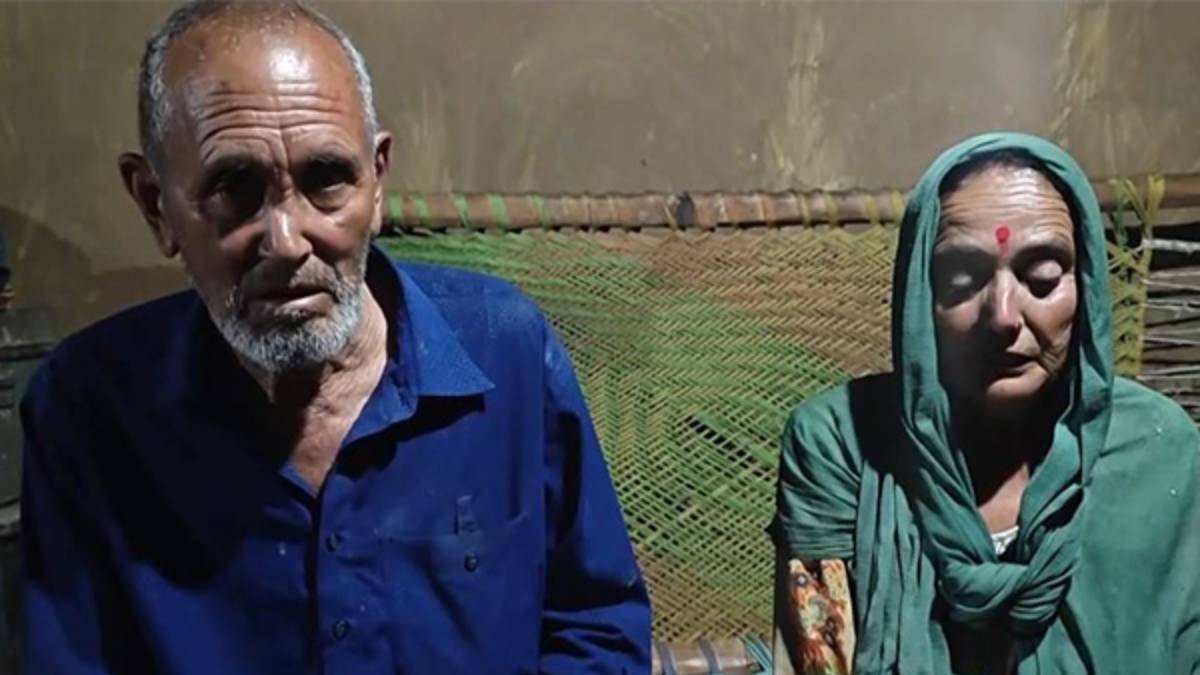The family of Ranjit Singh, an Indian national abducted by armed militants in Niger’s Dosso region, has made a desperate appeal to the Government of India to ensure his safe return.
Ranjit, a resident of Chakka Kundi village in Ramban district, Jammu and Kashmir, was working at a construction site when unidentified gunmen launched a deadly attack, killing two Indians and abducting him.
His father, Mohan Lal Sen, emotionally appealed to Prime Minister Narendra Modi, urging immediate action.
“We request Modiji to bring him back. We are suffering. He has small children… we are terrified thinking if he’s eaten or not, if he’s even safe,” he said while speaking to ANI.
Ranjit’s mother, Sadhu Devi, overcome with grief, said she hasn’t eaten or slept since the news broke.
“Please bring my son back. I just want to see him again. His children are crying. We are broken,” she said in tears.
The Indian Embassy in Niamey confirmed the terror attack and said it was in close touch with Nigerien authorities to repatriate the bodies of the two deceased Indians and ensure Ranjit Singh’s safe release. In a statement on X, it called the attack “heinous” and urged all Indians in Niger to remain vigilant.
The attack occurred on July 15 when a Nigerien army unit providing security for an electrical project was ambushed, according to Arab News. The site is located approximately 100 km from Niamey, the capital of Niger.
Niger, currently grappling with political instability following a 2023 military coup, has become increasingly vulnerable to terrorist activity. Insurgent groups linked to ISIS and Al-Qaeda have exploited weak state control, especially in border regions. The country has also witnessed a growing trend of targeted attacks on foreign nationals, including Indian workers.
The United States’ 2023 Terrorism Report noted Niger’s poor coordination among security agencies and its limited defense capabilities as key factors enabling terrorist recruitment and violence.
As the security crisis escalates in the region, the family’s plea underscores the human cost of geopolitical turmoil—and their unwavering hope that their loved one will return home safe.





